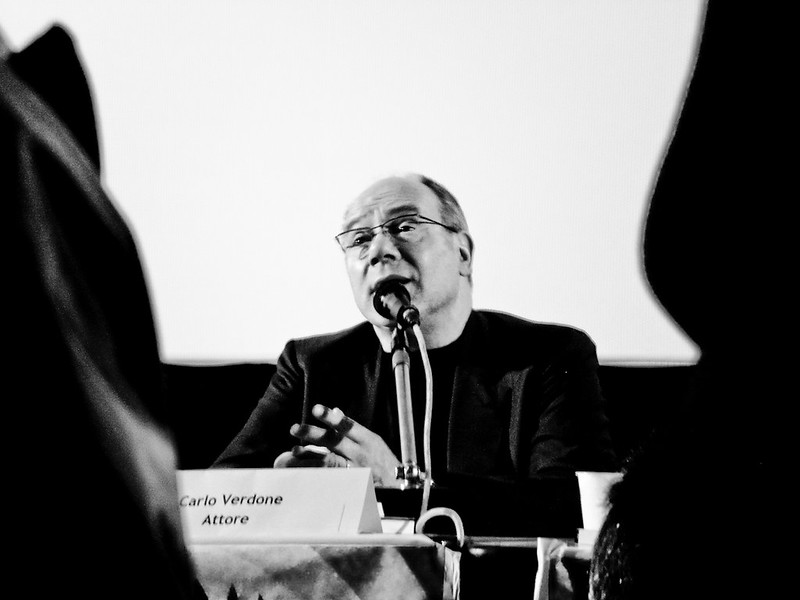Carlo Verdone called the Mayor of Rome, Roberto Gualtieri, to express “his respect” and “clarify” statements made in his interview with Il Fatto Quotidiano. In the interview, the actor and director had criticized the current state of the capital and suggested he might leave the city. “I can’t take it anymore. I seriously consider it two or three times a week: let me escape. It’s not just my problem; I know many friends who are seriously thinking about leaving Rome. This has never happened before,” he said. According to sources from the Capitol, during the “cordial and friendly” phone call with Gualtieri, Verdone assured the Mayor that in the interview, “he had merely highlighted the extent of the age-old problems that have plagued Rome for many years and the responsibility of those Romans who do not respect the rules.” He also “reiterated his positive remarks about Gualtieri’s efforts, which he had already expressed publicly.” In turn, the Mayor acknowledged “the amount of work needed to bring Rome back to an adequate level of services for its citizens” and described to Verdone the ongoing initiatives to improve the city’s decorum, starting with the installation of 120 public restrooms to address the poor condition of the current ones, which Verdone had rightly criticized.
THE PROBLEMS OF THE CAPITAL “The decline of this city is not seasonal; it’s constant,” Verdone told Il Fatto Quotidiano. He criticized various aspects of the “complicated” city, starting with the heavy traffic that Federico Fellini described over 50 years ago, now worsened by a scorching climate and numerous construction sites. Many of these are related to the Jubilee: “Construction sites are welcome, and probably when they are finished, the city will be more beautiful. But it’s 2024: these things should have been done much, much earlier.” Verdone also raised the issues of waste management and public toilets: “From my window, I see kids, drunks—both locals and tourists—hiding behind cars, statues, trees. Every time you come home, you have to check the soles of your shoes. It’s disgraceful, unthinkable for ‘normal’ European capitals. There’s a shared responsibility, clearly: it also involves the civic sense of the people.” Residents also have to contend with an “incredible” number of seagulls and pigeons because “Rome has been dirty for too long, and this is the consequence.” There are also pickpockets in the subway, where “more plainclothes officers are needed.” Verdone acknowledged the size and population density of Rome, where “everything is complicated,” and assured that he is not comfortable “in the role of someone who criticizes his city,” but “wherever you look, you no longer see a normal street. There isn’t a centimeter of wall that hasn’t been defaced. Tags, signatures, graffiti, ugliness, defacement. This city must be considered our home. When a home is well-kept, you are careful when you enter… When it’s neglected, however, everyone feels entitled to treat it poorly.”

